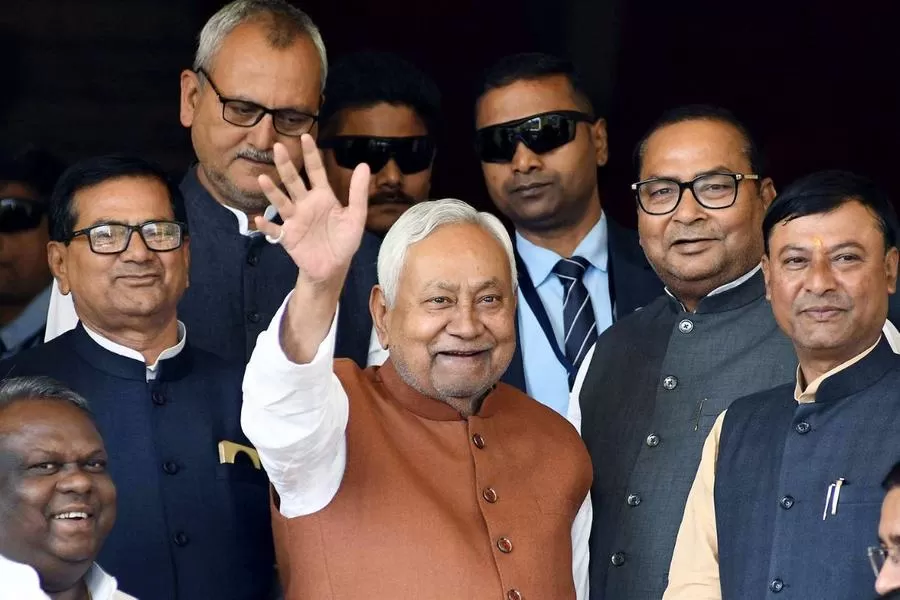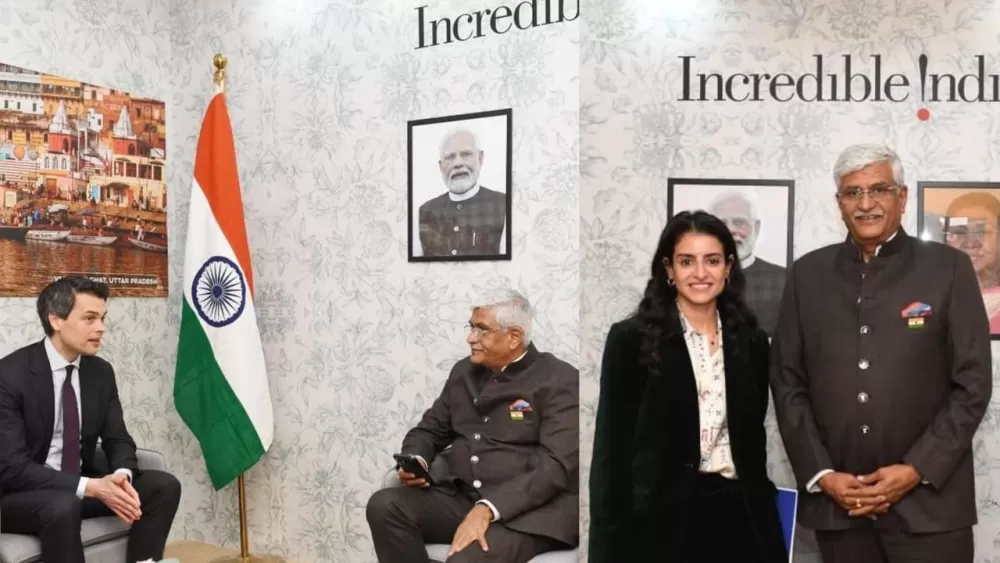Seventy Years Strong: A Deep Dive into the Evolving US-South Korea Alliance
- Nishadil
- November 10, 2025
- 0 Comments
- 3 minutes read
- 38 Views
- Save
- Follow Topic

A 70-Year Alliance: US and South Korea Forge Ahead Amidst Global Challenges
South Korean President Yoon Suk Yeol visits the US to commemorate the 70th anniversary of the US-South Korea alliance. This pivotal meeting delves into crucial discussions on security, economic cooperation, and navigating global challenges, highlighting the enduring bond between the two nations.
It's not every day you get to celebrate seven decades of something as profoundly impactful as a geopolitical alliance. Yet, here we are, witnessing South Korean President Yoon Suk Yeol's state visit to the United States — a journey, honestly, that feels less like a mere diplomatic formality and more like a significant milestone, a testament to a bond forged in the crucible of war and refined by the relentless march of time.
This visit, you could say, isn't just about pomp and circumstance, though a state dinner and an address to Congress certainly have their place. No, this is about commemorating the 70th anniversary of the US-South Korea alliance, an alliance that, in truth, began amidst the brutal backdrop of the 1950-53 Korean War. What started as a wartime pact to push back against aggression has, quite remarkably, blossomed into what we now recognize as a comprehensive strategic partnership, navigating complexities from nuclear threats to intricate economic webs.
And, yes, there's certainly plenty on the table for discussion. President Yoon and President Biden are expected to delve deep into a host of pressing issues. Think North Korea's increasingly unnerving nuclear ambitions – a shadow that, for once, feels heavier than usual. But it's not all about defense, is it? We're also talking about the nitty-gritty of supply chain resilience, economic security in a volatile world, and, perhaps most crucially, technological cooperation. Semiconductors, those tiny marvels of modern industry, and EV batteries, powering our cleaner future – these are the threads weaving the future of this partnership, defining its economic muscle.
You see, South Korea isn't just a security partner; it's a significant investor in the American economy, a dynamic force that keeps parts of our industrial gears turning. And while the primary focus remains the immediate region, there's a growing buzz, a quiet expectation, that Seoul might just step up its contributions to global security more broadly. Could this subtly hint at potential aid for Ukraine, a move that would certainly broaden its international footprint? One can only speculate, but the possibility hangs in the air.
Yet, like any long-standing relationship, there are bumps, right? Concerns linger, particularly around South Korea's burgeoning trade deficit with the US, a byproduct, some argue, of America's own Inflation Reduction Act. These are delicate balancing acts, mind you, requiring finesse and honest dialogue.
Then there's the domestic front for President Yoon. There's a noticeable, even somewhat disquieting, shift in South Korean public opinion. More and more citizens, driven by North Korea's relentless provocations, are openly considering the once unthinkable: developing their own nuclear arsenal. It’s a stark reminder of the existential fear they live with daily. Yoon's challenge, therefore, is to steadfastly reassure his populace about the unwavering strength and credibility of US extended deterrence – a promise that America stands with them, unequivocally.
So, as the state visit unfolds, replete with its ceremonial flourishes, speeches, and critical discussions, it’s more than just a historical nod. It’s a dynamic reassessment, a forward-looking dialogue that aims to define the next chapter for an alliance that, despite its seventy years, feels as vital and evolving as ever. It's about two nations, distinct yet intertwined, charting a shared course through a truly unpredictable world.
Disclaimer: This article was generated in part using artificial intelligence and may contain errors or omissions. The content is provided for informational purposes only and does not constitute professional advice. We makes no representations or warranties regarding its accuracy, completeness, or reliability. Readers are advised to verify the information independently before relying on
















